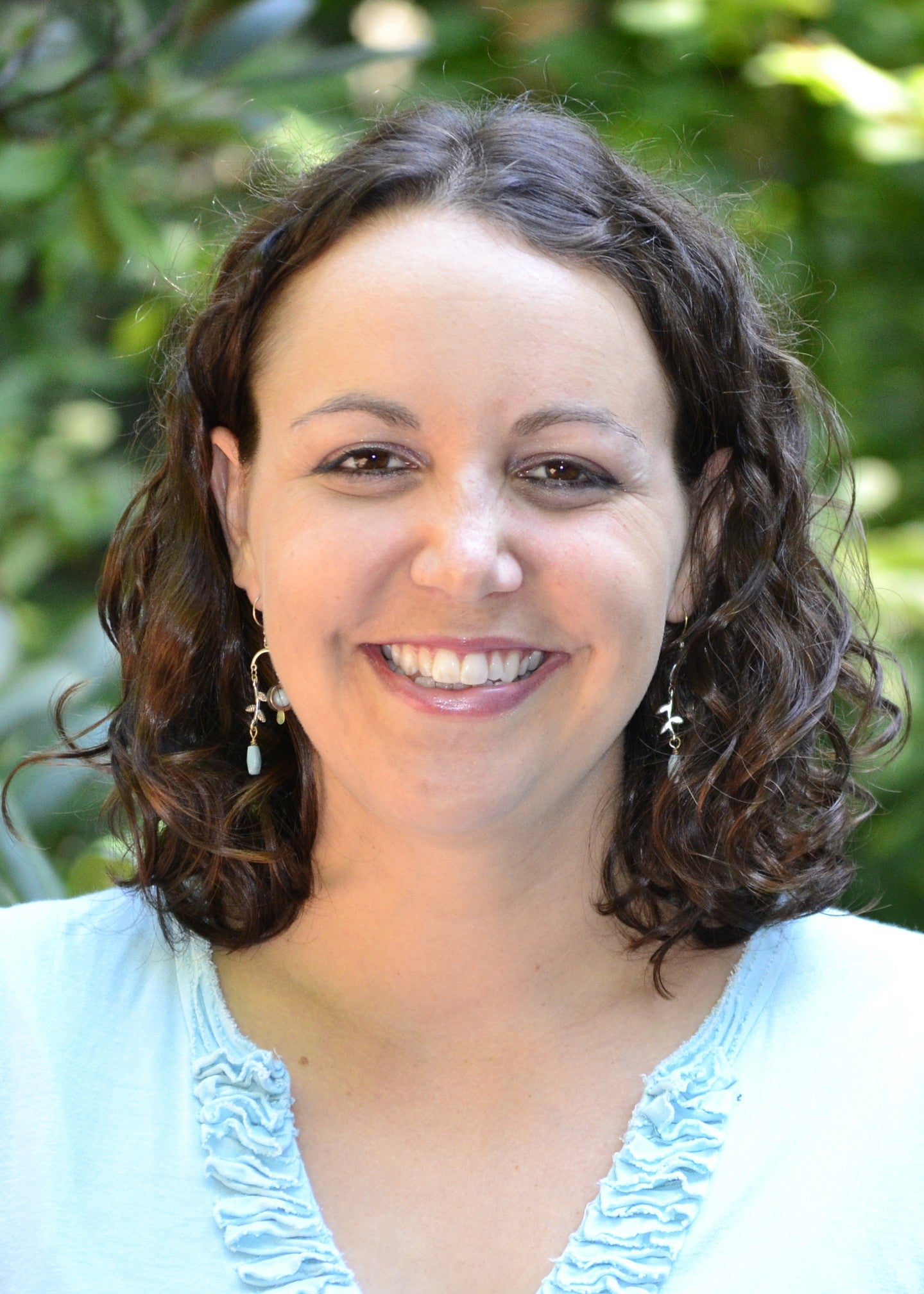
During fall term, students in Professor and SCI/Urbanism Next Director of Research Rebecca Lewis’s public budgeting class took on the challenge of helping the cities prepare for anticipated budget shortfalls. Students worked with the cities of Eugene and Gresham to find innovative solutions to fill the budget gap that will appear as a result of declining gas tax and parking revenues as autonomous vehicles (AVs) and new mobility come online.
Their recommendations and tools have now made their way to the national stage through a series of sessions at the Transportation Research Board (TRB) annual meeting in Washington, D.C. – a national conference attended by more than 13,000 professionals in transportation planning.
“Teaming with Eugene and Gresham on AV-related budget issues was a great opportunity to get students involved in groundbreaking work with national implications” says Lewis. “The feedback at TRB was overwhelmingly positive.”
Lewis presented findings through a workshop, panel discussion, and poster presentation to more than 200 attendees before briefing over 100 transportation stakeholders organized by Oregon Congressman Earl Blumenauer (D) and Illinois Congressman Rodney Davis (R) along with SCI Co-Director and Urbanism Next Director Nico Larco. Bringing this research to the national stage means that more regions and communities can access the research being done at UO to prepare for impacts to their budgets.
At the heart of the issue is the likelihood that autonomous vehicles will operate as shared fleets that may run continuously without stopping to park. This presents interesting challenges for traditional sources of revenue including parking and vehicle registration fees. Because AVs are likely to be powered with electricity, gas tax revenue is also likely to be significantly impacted by this shift in mobility.
One creative solution students came up with was creating fee-based lockers. People store all sorts of things in their cars. Where does that stuff go if our transportation model switches to a shared vehicle fleet? Other revenue-generating recommendations included creating vacant land taxes to discourage surface parking in city centers, electrical charging station fees, and empty seat taxes.
Lewis is incorporating the students’ work into a robust tool that other cities and regions can utilize to run possible budget scenarios. She shared a demo version of this tool at the TRB meeting.
“One of the biggest challenges that comes up with this work is the fact that transportation is really a regional issue. We see that with Gresham in proximity to Portland as well as in the Eugene-Springfield area. But it’s really true everywhere,” says Lewis. “Finding ways to stack municipal, state, and federal budget and policy considerations is crucial to effectively preparing for shifts in our mobility systems.”
